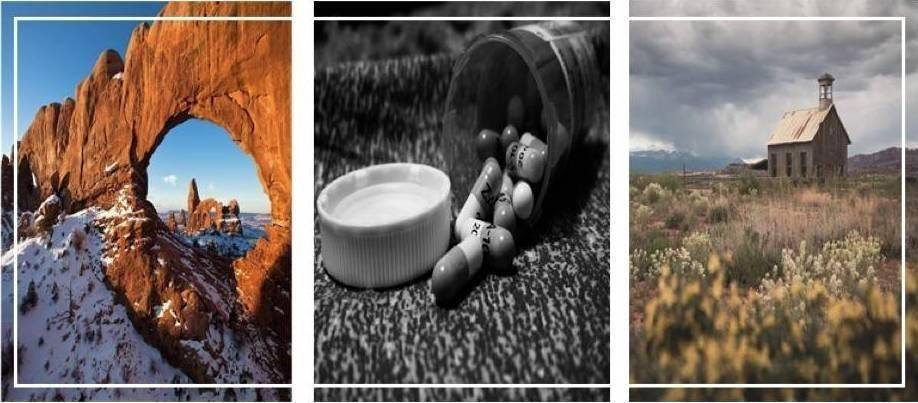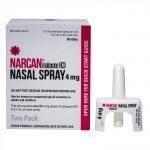By Ashley Yaugher, HEART Faculty & Jeremy Humes, Carbon County Attorney; members of the Carbon & Emery Opioid & Substance Use Coalition
An overdose is a scary situation for anyone that experiences or witnesses it. It is important to recognize the signs and know what to do before an emergency occurs.
In the event of an opioid or other substance-related overdose, there are some important things everyone needs to know that could potentially save a life. Opioids include a long list of common prescription medications and illegal drugs. These include things you may have heard of like Codeine, Hydrocodone (Vicodin), Morphine, Oxycodone (OxyContin, Percocet), Methadone, Fentanyl and Heroin.
In the event you are a witness to or come upon an overdose situation, you may be concerned about what to do to help, your liability if you do or what you might be accused of if you attempt to assist. Please try to help; the law provides protections for you. Here are four helpful things to know:
First, know how to recognize an opioid overdose:
“*Call 911 immediately* if *any* of these signs/symptoms:
- Their pupils are pinpoint
- Their face is extremely pale and/or feels clammy to the touch
- Their body goes limp
- Their fingernails or lips have a purple or blue color
- They start vomiting or making gurgling noises
- They cannot be awakened or are unable to speak
- Their breathing or heartbeat slows or stops” (Lynne W., SAMHSA)
Second, know about Naloxone. Naloxone is a safe antidote to opioids that has no risk of abuse and will not help or harm someone if they are overdosing on another drug. It is important to have Naloxone on hand if you or a loved one is taking opioid prescriptions (pain medication) or using other opioid substances (heroin). Learn more about Naloxone at naloxone.utah.gov/public
- Naloxone Locator: Most pharmacies have Naloxone on hand and available through insurance with a copay. Additional places to find Naloxone in your local area can be found online: utah.gov/free-naloxone-resources
Do your best to help. Utah law provides that a person is not liable for civil damages for acts or omissions made as a result of administering Naloxone when the person acts in good faith to administer the Naloxone to an individual whom the person believes to be experiencing an opiate-related drug overdose event (Utah Code 26-55-104).
Third, know about the Good Faith Reporting Law that provides bystanders with protection from certain criminal charges in the event of an overdose situation. The three important things for you to do are:
(1) Report the emergency by calling 9-1-1 and providing help to the responders,
(2) Remain with the person until emergency support arrives, and
(3) Cooperate with law enforcement to the best of your ability by providing information about the person experiencing the overdose and any substances involved.
If you follow these steps, you will have protection related to any criminal charges for the possession of drugs or drug paraphernalia. More information about the Good Faith Reporting Law can be found in Utah Code 58-37-8 (16).
Fourth, Utah Law provides immunity when a bystander provides assistance in a suicide emergency. This applies when any person attempts to provide emergency care to help with what they believe is a suicide emergency. Any person who acts without expectation of compensation and in good faith to help at or near the scene of a suicide emergency is not liable for any civil damages or penalties as a result, unless the person is grossly negligent (Utah Code 78B-4-516).
Be prepared in the event of an opioid overdose emergency. These provisions should provide some peace of mind in the event you find yourself in one of these scary situations. To learn more about other substances or what to do in a poisoning crisis, contact the Utah Poison Control center (801-222-122) or visit poisoncontrol.utah.edu/
To learn more:
Please register for our next Carbon & Emery Opioid & Substance Use Coalition FREE Community Education Dinner on Jan. 6, 2020 at the Castle Dale Courthouse from 5-8 p.m. We will be discussing this and much more over a meal and have an expert question and answer panel after the presentation. Register on Eventbrite by visiting CommunityEducationDinner2.eventbrite.com



